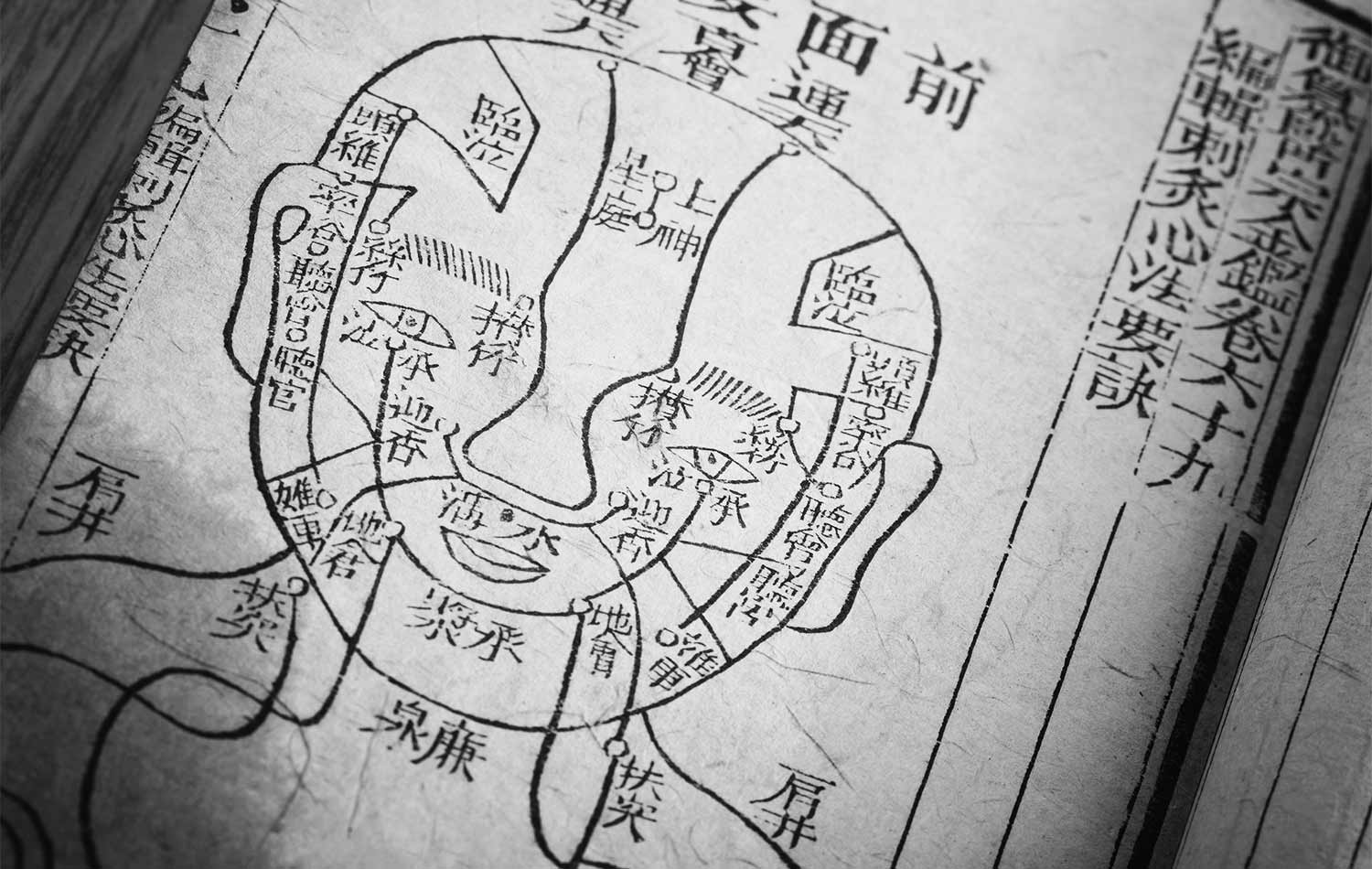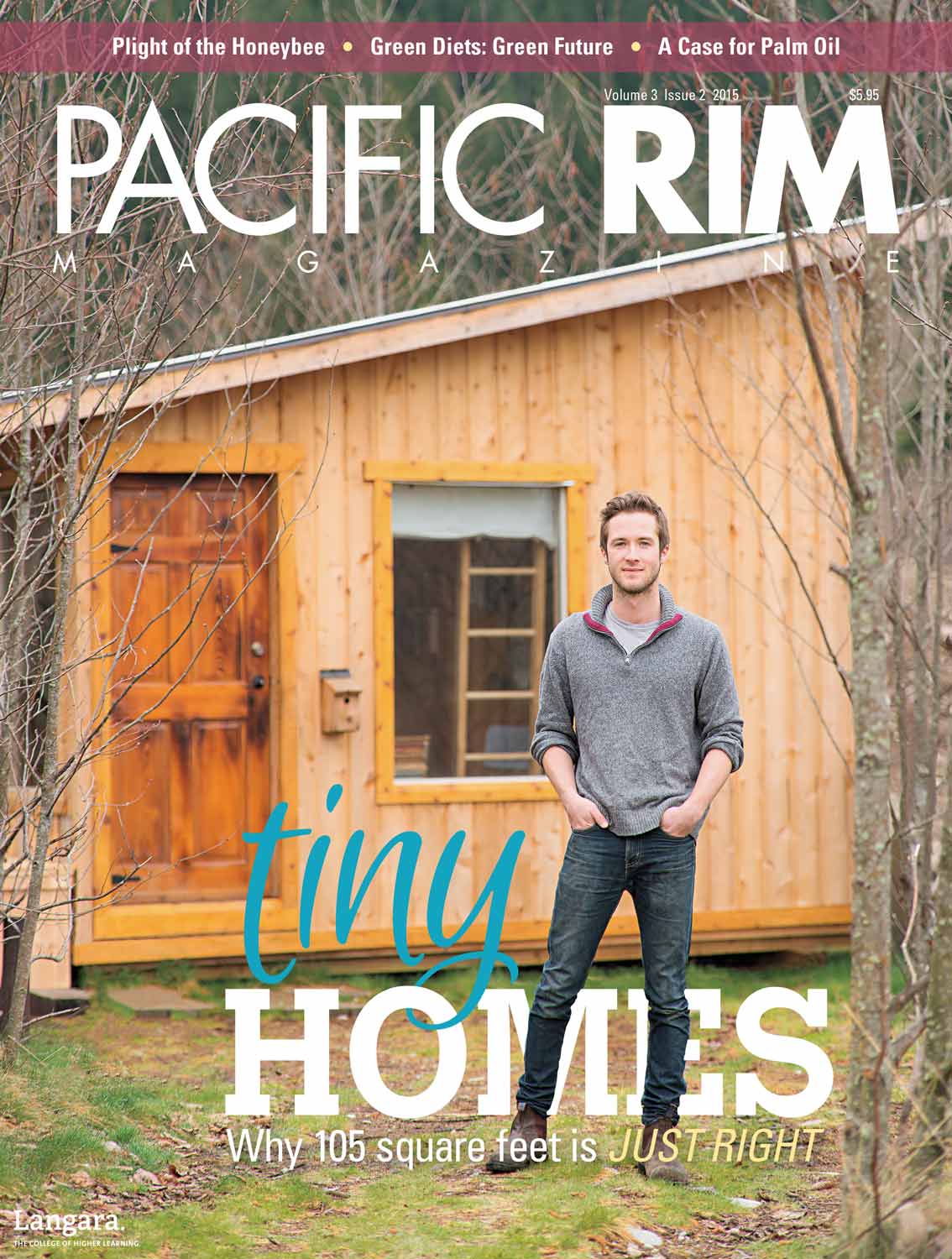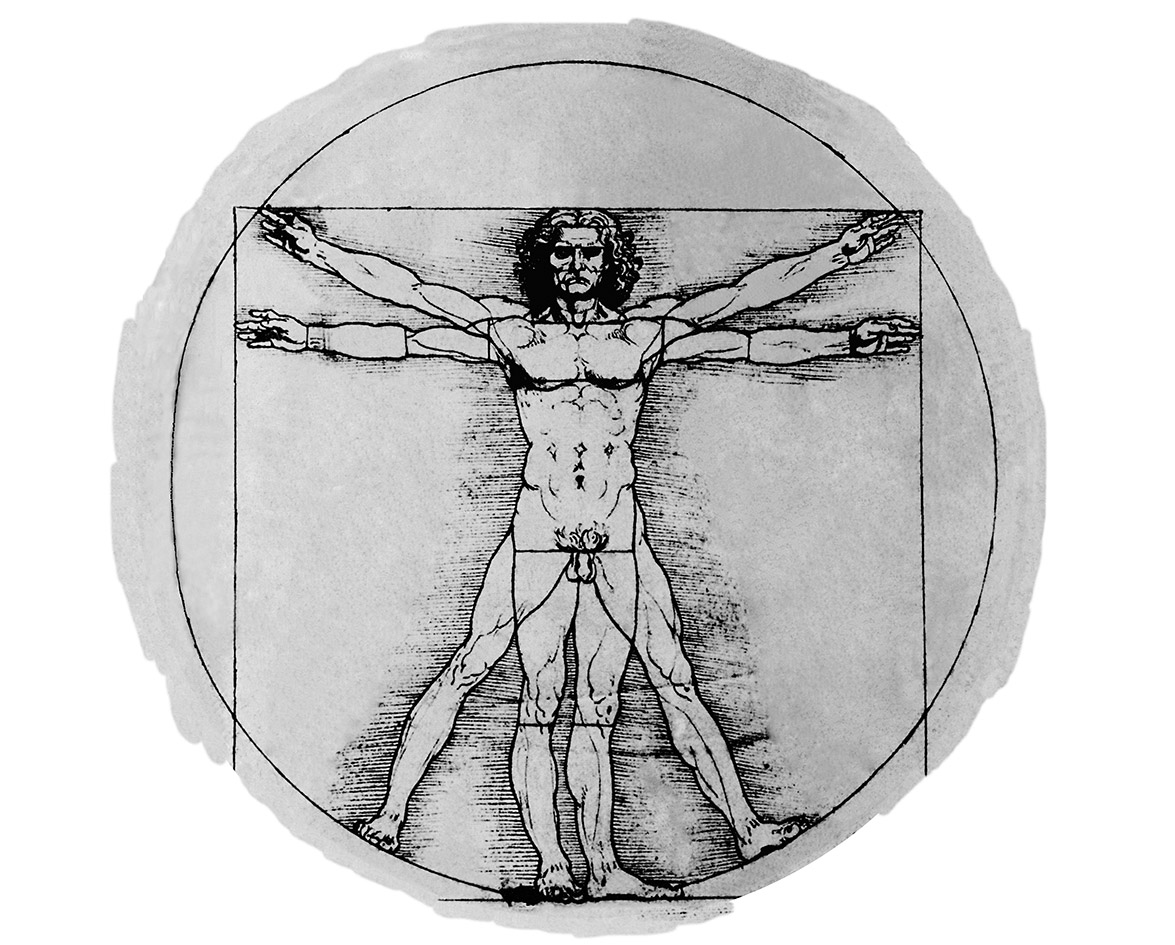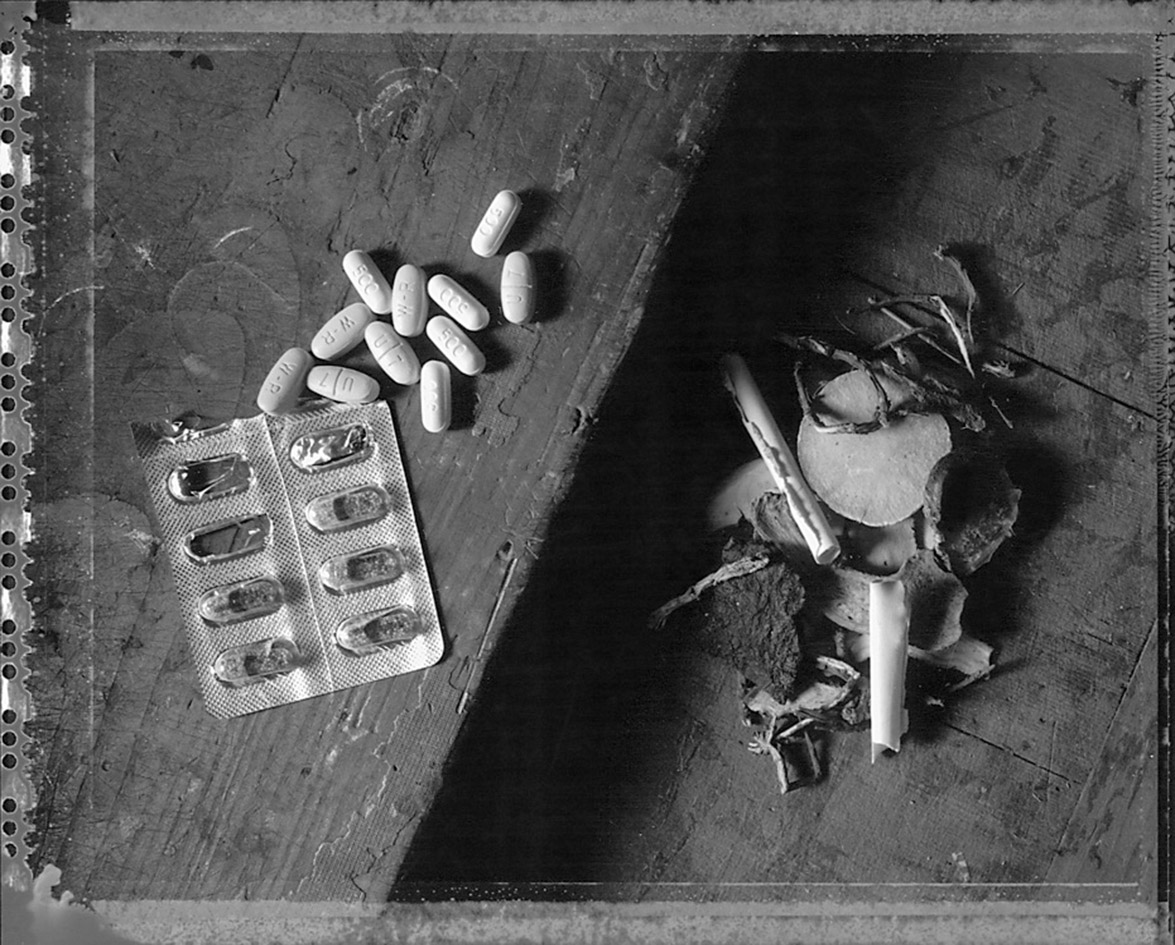For most Canadians, a consultation with a doctor can be as quick and easy as connecting to the internet. But for many people around the world, Western medicine is inaccessible; so one local woman is doing her best to provide an alternative. Irene Sanchez-Celis is a Vancouver-based doula and a registered Traditional Chinese Medicine practitioner and acupuncturist. Originally from Mexico, where she earned her medical degree, Sanchez-Celis found herself drawn to alternative medicine when traditional Western practices weren’t providing long-term solutions for her patients.
“A lot of my patients kept coming back with the same issue even though I was prescribing antibiotics and drugs,” Sanchez-Celis says. “I wanted to go into a more holistic approach of medicine and well-being.” After being introduced to Traditional Chinese Medicine while working in a rural region of Chiapas, Mexico, Sanchez-Celis wanted to share her knowledge with healers in similar communities.
In 2013, Sanchez-Celis spent a week in Guatemala teaching rural “health promoters” how to apply Traditional Chinese Medicine to gynecology, obstetrics, and pediatrics. These health promoters are men and women from various parts of Guatemala who are not medical professionals but who want to service their communities. She worked with the Guatemala Acupuncture and Medical Aid Project (GUAMAP), whose goal is to send Spanish-speaking professional acupuncturists into Petén, the northernmost department of Guatemala, to train health promoters in the proper application of acupuncture.
In the rural communities of Guatemala, access to Western medicine is limited. It takes over a day to travel to a hospital or clinic, and it is very expensive, according to Sanchez-Celis. Women in these areas cannot afford to seek help for their ailments. With the training Sanchez-Celis provided, the health promoters can use the techniques of Traditional Chinese Medicine to aid with irregular menstruation, symptoms of menopause, and heavy bleeding. In the case of pregnancy, the treatments can help with morning sickness, headaches, and various other aches and pains.
“In Western medicine,” Sanchez-Celis says, “what we do is give you birth control and pain medication, and that’s pretty much it. But from a [Traditional Chinese Medicine] perspective we’re trying to find the imbalances that are causing the pain, that are causing the mood swings, that are causing any symptoms that the woman is manifesting. And by finding the root cause we can balance it and help the woman find harmony in her health.”
Having an alternative style of medicine — one that doesn’t rely on prescription drugs — is a positive outcome for women in rural Guatemala. Sanchez-Celis hopes that with the training provided, the health promoters can offer an affordable, effective health care solution for their communities.











